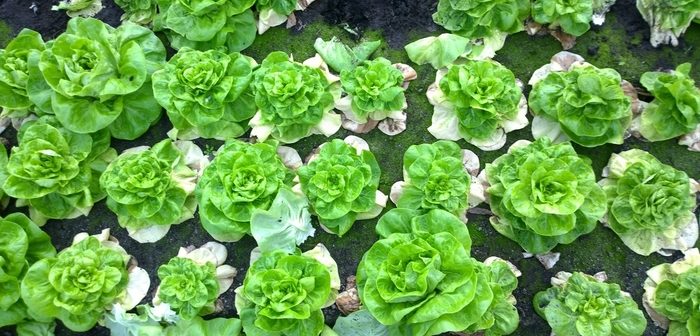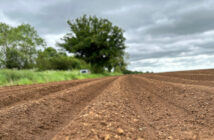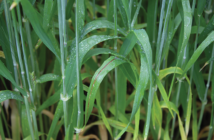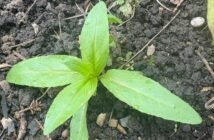Rigorous hygiene practice is critical to prevent the risk of infection from lettuce Fusarium wilt, the potentially devastating disease recently detected on UK lettuce crops.
To help protect crops, growers at a recent workshop organised by AHDB Horticulture were told it was essential to carry out their own risk assessments to identify potential sources of infection. Delegates were also urged to put in place clear hygiene protocols to prevent the disease both getting on to nurseries and spreading between them.
Lettuce Fusarium wilt has now been confirmed in the UK on two nurseries in Lancashire since October 2017, although earlier outbreaks may have gone undiagnosed. Effective control measures for lettuce Fusarium wilt are limited, and no varieties resistant to race 4 – the disease strain identified in the UK – are currently available.
AHDB has received guidelines and protocols from Teagasc, the Agricultural and Food Development Authority in Ireland and a research programme in Belgium (FUNSLA) detailing hygiene measures for the prevention of lettuce Fusarium wilt. This is available, along with further technical information about the disease, on the AHDB Horticulture website: http://bit.ly/lettuceFusarium
Tim O’Neill, Associate Plant Pathologist at ADAS told growers, “All Fusarium wilt diseases are difficult to manage, you need to use integrated control rather than individual measures.
“The soil-borne disease can spread easily in the right conditions and growers will need to use efficient cleaning and disinfection methods to reduce their risk of infection. If a glasshouse becomes affected, removal of crop remains and effective soil disinfestation is essential to reduce soil contamination before re-planting lettuce.”
Kim Parker, Crop Protection Scientist at AHDB, said: “Although the disease is more of an issue under protection in temperate climates like the UK, little is known of the minimum and optimum temperatures required for race 4 to infect, so growers of outdoor as well as protected lettuce crops should be vigilant.”
Andrew Howe, Technical Manager at L.J Betts, outdoor lettuce growers, told delegates that they had taken immediate steps, putting in practical measures to reduce the risk of getting and spreading the disease.
Howe said, “We reviewed our hygiene protocols to include how we handle imported produce in the pack-house and how we deal with waste; we are also having ongoing discussions with seed-houses and propagators.”
University of Warwick is currently conducting a technical review on behalf of AHDB to compile further detailed information on management options, to help minimise the impact on the UK lettuce industry. The full report will be published in early February 2018.
More than 70 growers, propagators, seed companies, agronomists and representatives from agro-chemical companies attended an event in Lancashire organised by AHDB on 14 December 2017. A full report from the event is available on the AHDB Horticulture website.




